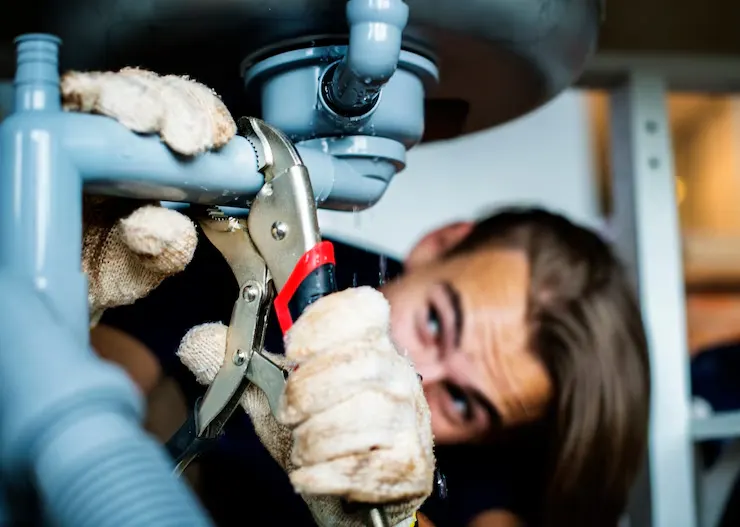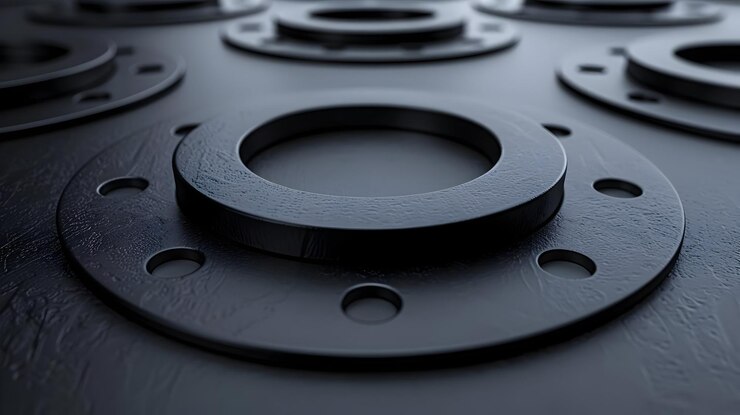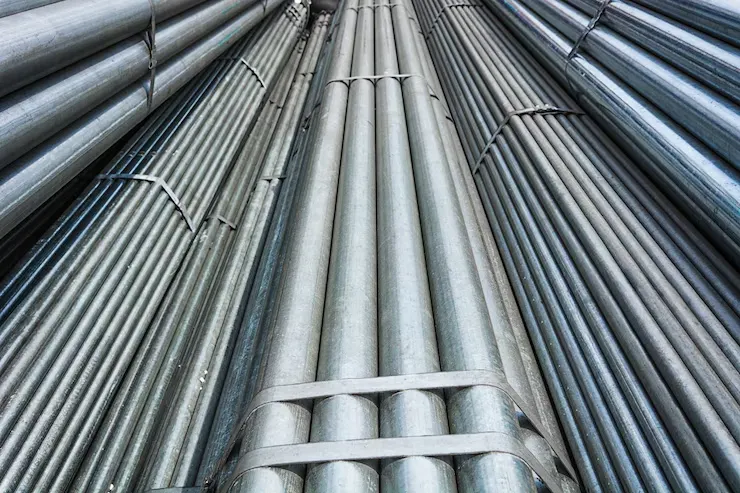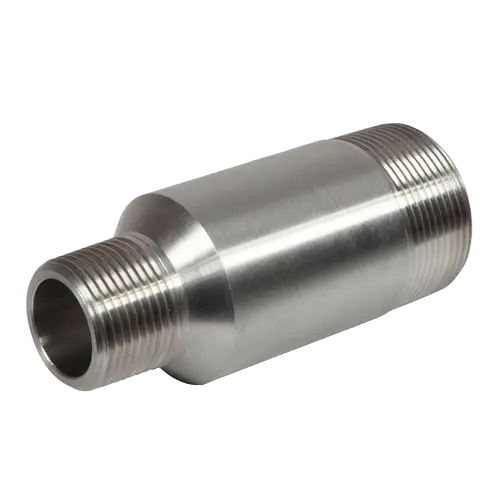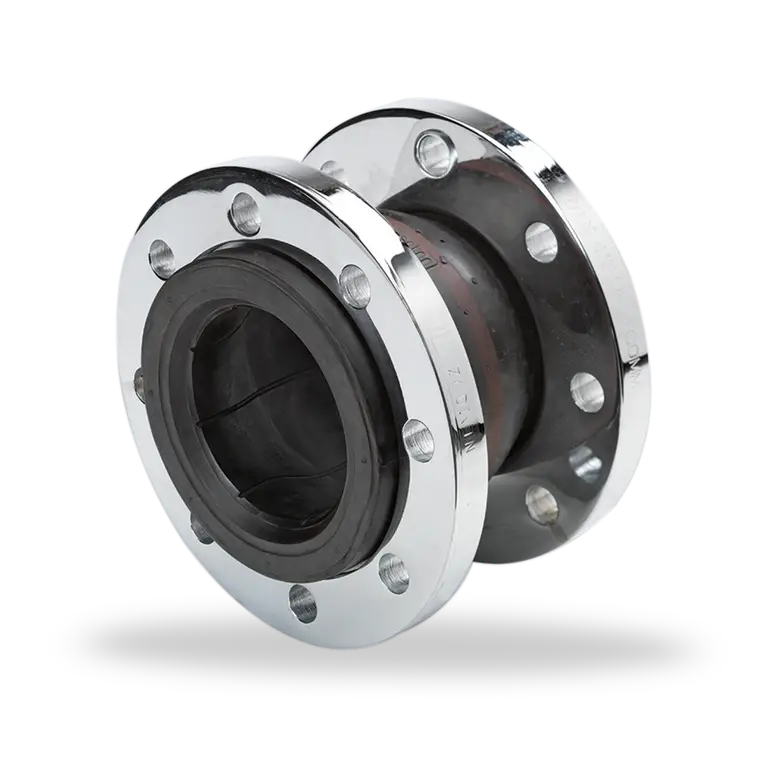
Types Of Pressure Gauges And Their Role In Industrial Monitoring
What Are Pressure Gauges?
Pressure gauges are essential instruments used to measure and monitor the pressure of gases and liquids in various industrial applications. They help ensure that systems operate within safe pressure limits, preventing equipment failure and ensuring operational efficiency. These gauges are critical for industries such as manufacturing, oil and gas, chemical processing, and HVAC systems. Reliable suppliers like Alkun Steel provide high-quality pressure gauges tailored to different industrial needs, ensuring precision and durability.
Where Are Pressure Gauges Used?
- Oil and Gas: Monitoring pipeline pressure to prevent leaks and failures.
- Manufacturing: Ensuring proper pressure levels in hydraulic and pneumatic systems.
- Pharmaceuticals: Maintaining precise pressure in processing and packaging systems.
- HVAC Systems: Regulating air and gas pressure in heating and cooling units.
- Aerospace: Monitoring fuel and hydraulic pressure in aircraft.
Types Of Pressure Gauges
Bourdon Tube Pressure Gauge
What Is It
The Bourdon tube pressure gauge is a mechanical device that is widely recognized and utilized in various industries for pressure measurement. Known for its reliability and precision, this type of gauge is particularly effective for measuring medium to high-pressure ranges, making it suitable for applications in fields such as manufacturing, HVAC, and automotive. The design of the Bourdon tube allows it to convert pressure changes into a mechanical movement, which is then indicated on a dial, providing users with an easy-to-read display of the pressure level. Its robustness and durability further contribute to its popularity in environments where accurate pressure readings are critical.
How It Works
It consists of a curved, flattened tube that straightens as pressure increases. This movement is transferred to a pointer on the dial, providing a pressure reading.
Role In Industrial Monitoring
- Used in hydraulic systems, steam applications, and industrial gas monitoring.
- Provides reliable and accurate pressure readings for process control.
- Suitable for high-pressure applications.
Diaphragm Pressure Gauge
What Is It
A diaphragm pressure gauge is a precise instrument that utilizes a flexible membrane, commonly referred to as a diaphragm, to detect and measure variations in pressure. This innovative design allows the diaphragm to respond to changes in pressure by flexing or bending, thus enabling accurate readings. Due to its sensitive nature, a diaphragm pressure gauge is particularly well-suited for low-pressure applications, where conventional gauges may not provide reliable results. These gauges are essential in various industries, including HVAC systems, laboratory experiments, and processes where monitoring low-pressure conditions is critical.
How It Works
When pressure is applied, the diaphragm deforms, and this movement is transferred to a mechanical or digital display.
Role In Industrial Monitoring
- Used in industries requiring precise low-pressure measurements, such as pharmaceuticals and food processing.
- Ideal for measuring pressure in corrosive environments.
- Provides high sensitivity and accuracy.
Capsule Pressure Gauge
What Is It
Capsule pressure gauges are specialized instruments specifically designed to accurately measure very low pressures of gases and air. Unlike traditional pressure gauges, these devices utilize a flexible capsule that reacts to pressure changes, allowing them to detect minute variations in pressure levels. This sensitivity makes capsule pressure gauges particularly valuable in applications where precise pressure measurements are crucial, such as in laboratories, HVAC systems, and various industrial processes. Their ability to deliver reliable readings at low pressure ranges ensures effective monitoring and control of gas and air pressures in critical environments.
How It Works
Two diaphragms are joined to form a capsule. When pressure changes, the capsule expands or contracts, moving the pointer on the gauge dial.
Role In Industrial Monitoring
- Commonly used in ventilation and HVAC systems.
- Suitable for medical and laboratory applications requiring low-pressure readings.
- Highly accurate in detecting minor pressure variations.
Differential Pressure Gauge
What Is It
A differential pressure gauge is an instrument that measures the difference in pressure between two distinct locations within a system. By capturing this pressure differential, it allows for the monitoring of flow rates, identifying blockages, and ensuring the efficient operation of various mechanical and industrial systems. Differential pressure gauges are crucial in applications such as HVAC, liquid filtration, and process control, where precise measurements are essential for optimal performance and safety.
How It Works
It has two input ports, each connected to different pressure sources. The gauge measures and displays the pressure difference.
Role In Industrial Monitoring
- Used in filtration systems to monitor clogging levels.
- Essential in oil and gas industries for flow measurement.
- Ensures proper pressure balance in industrial processes.
Digital Pressure Gauge
What Is It
A digital pressure gauge is an advanced instrument used to measure and display the pressure of gases or liquids within a specific system. It operates by utilizing highly sensitive electronic sensors that accurately detect the pressure changes. These measurements are then processed and visually represented on a liquid crystal display (LCD) screen, allowing users to easily read and interpret the precise pressure readings at any given time. This type of gauge offers enhanced accuracy and reliability compared to traditional mechanical gauges, making it an essential tool in various industrial, laboratory, and engineering applications.
How It Works
It uses a pressure sensor (such as a strain gauge or piezoelectric sensor) to detect pressure changes and convert them into digital signals.
Role In Industrial Monitoring
- Preferred for high-precision applications in laboratories and research facilities.
- Provides easy-to-read digital displays with advanced features like data logging.
- Reduces human error in reading measurements.
Bellows Gauge
What Is It
A bellows gauge is a specialized mechanical pressure gauge designed specifically for measuring low to moderate pressures. It operates using a flexible metal bellows that expands or contracts in response to changes in pressure within a system. This type of gauge is particularly useful in various industrial applications where accurate pressure readings are essential, such as in HVAC systems, hydraulic systems, and other pressure-sensitive environments. The bellows gauge provides reliable measurements and is favored for its durability and simplicity in design, making it an essential tool for many technicians and engineers.
How It Works
It consists of a flexible metal bellows that expands or contracts with pressure changes. This movement is transferred to a dial indicator.
Role In Industrial Monitoring
- Used in gas flow measurement and vacuum applications.
- Suitable for low-pressure monitoring in chemical and process industries.
- Provides high sensitivity for pressure variations.
Conclusion
Pressure gauges are crucial instruments in industrial monitoring, ensuring safety, efficiency, and accuracy in various applications. From mechanical Bourdon tube and diaphragm gauges to advanced digital gauges, each type serves a specific purpose in monitoring pressure levels across different industries. Choosing the right pressure gauge depends on factors such as the type of pressure, required precision, and environmental conditions. By integrating reliable pressure monitoring systems, industries can prevent equipment failures, enhance operational performance, and maintain safety standards. If you are looking for reliable pressure gauges, look no further than Alkun Steel.
